By Qaiser Nawab, Chairman, BRISD
In late August 2025, the 25th Shanghai Cooperation Organisation (SCO) summit unfolded in Tianjin not with thunderous declarations, but through a deliberate weaving of new vectors of cooperation. Against a backdrop of global turbulence—from regional conflicts to rising protectionism—the summit emerged as a concerto of subtle but strategic advancement.
Digital Corridors and Financial Autonomy
President Xi Jinping’s endorsement of Kyrgyzstan’s upcoming SCO presidency placed sharp focus on artificial intelligence, digital infrastructure, and clean-tech cooperation. Announcements on human resource exchanges, aviation partnerships, and subnational collaboration point to an emerging “digital corridor” across Central Asia. This signals an SCO increasingly ready to position itself as both a strategic and technological nexus.
Economic resilience also gained form. SCO members discussed trading more in local currencies and piloting digital settlement systems. With intra-SCO trade surpassing $500 billion last year, these moves are economically prudent and politically potent. They reduce dollar dependency and provide smaller states with alternative financial pathways.
In a notable highlight, President Xi Jinping met Azerbaijan’s President Ilham Aliyev, pledging support for Baku’s bid to move from dialogue partner to full SCO member. Their discussions emphasized upgrading the Trans-Caspian Transport Corridor, as well as developing infrastructure, agriculture, and emerging sectors such as AI, green technologies, and the digital economy. Several agreements across innovation, finance, and media cooperation underscored Azerbaijan’s rising profile as a hub of Eurasian connectivity.
Security, Stability, and Soft Power
The summit’s agenda reflected a broadening conception of security. The Regional Anti-Terrorist Structure (RATS), historically focused on counterterrorism, is being recalibrated to include cybersecurity, information governance, and digital border surveillance. These adjustments prepare the SCO to respond to 21st-century threats while investing in Central Asian states’ capacity to safeguard themselves.
Health diplomacy added another layer of trust. The SCO Hospital Cooperation Alliance, now spanning 130 institutions, and the expanding Lifeline Express mission showcased modest but meaningful investments in human welfare. By extending healthcare assistance, the SCO strengthens grassroots credibility, proving its agenda goes beyond infrastructure and trade.
Soft power initiatives also made their mark. Cultural exchanges, youth forums, educational collaborations, and tourism programs infused the summit with a human dimension. These people-to-people efforts deepen trust between societies, reinforcing the idea that lasting regional unity depends as much on cultural understanding as on economic or military cooperation.
A Quiet Launchpad for the Next Decade
Geopolitics shaped many bilateral side meetings. Indian Prime Minister Narendra Modi’s first visit to Beijing in over seven years produced pledges to de-escalate the border, restore direct flights, and ease visa processes. President Xi’s imagery of the “dragon and elephant” moving in harmony was not just symbolic, but pragmatic, bolstering stability within the SCO. Meanwhile, Belarusian President Alexander Lukashenko invoked shared memories of the Second World War to frame the SCO as a bloc rooted in consensus and civilizational dialogue rather than confrontation.
Beyond symbolism, the summit hosted over 20 head-of-state delegations and representatives from ten multilateral organizations. The “SCO Plus” format highlighted the group’s openness—designed to complement, not confront, existing international structures.
Tianjin’s summit was less about grandstanding and more about groundwork. The initiatives launched here—digital trade corridors, AI cooperation, healthcare alliances, expanded membership—represent a moment when ambition met substance. If these plans evolve from protocol into practice, the SCO could become a quiet powerhouse of Eurasian integration.Author: Qaiser Nawab is Chairman of the Belt and Road Initiative for Sustainable Development (BRISD), an international platform focused on fostering cooperation and innovation across Asia, Africa, and Latin America. He can be reached at qaisernawab098@gmail.com














































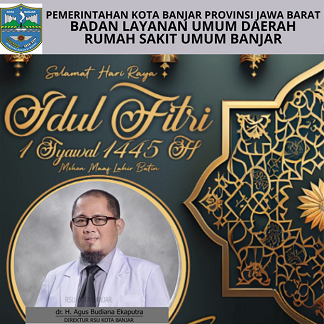
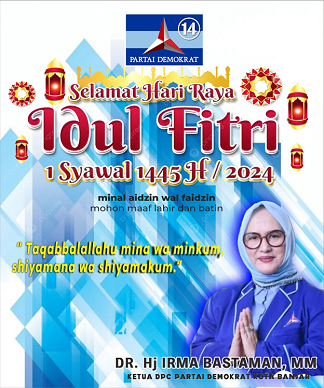


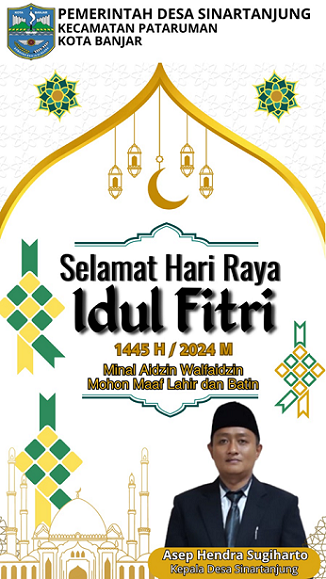
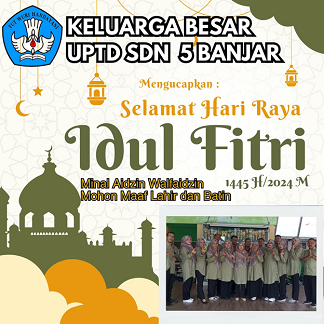



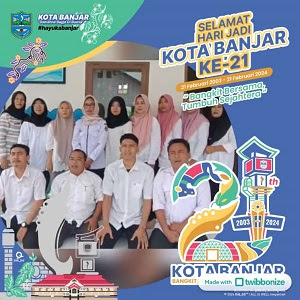













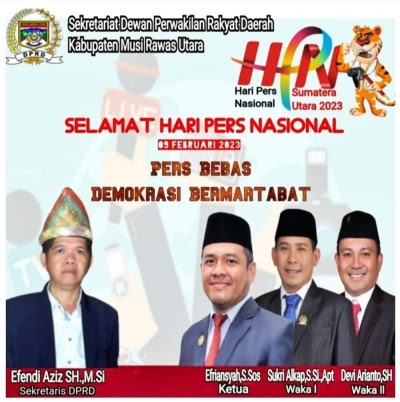
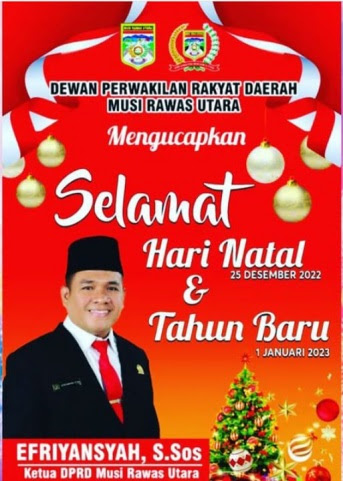



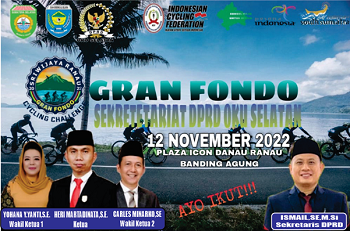
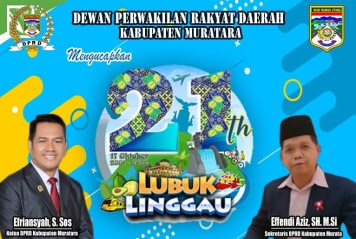
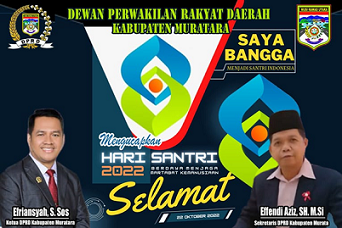

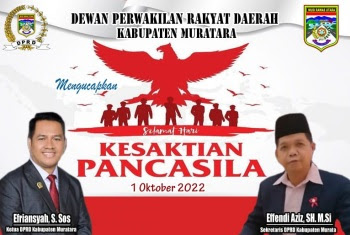



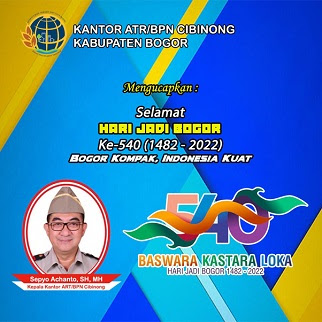
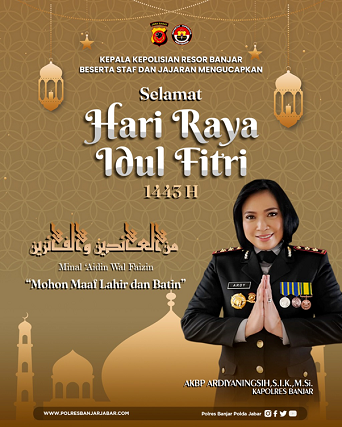
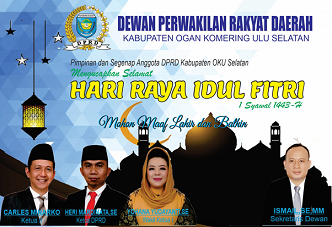










0 Comments